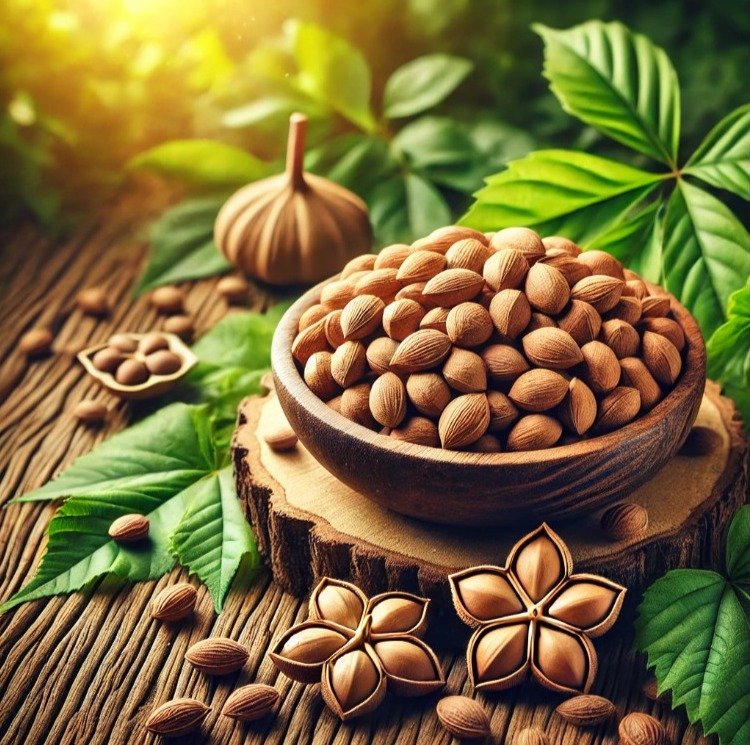The Athlete's Dream: Sleep Strategies for Optimal Physical Performance
In the high-octane world of fitness, where every rep counts and every mile matters, sleep often takes a backseat. But what if I told you that the secret weapon to your fitness triumphs lies not in the gym, but in the tranquility of your bedroom? Welcome to "The Skin Sophisticate," where we're about to unravel the symbiotic dance between sleep and peak physical performance. Let's dive into the nocturnal habits that can elevate your fitness game from ordinary to extraordinary.
The Science of Sleep and Fitness
Sleep, often hailed as the best recovery tool, plays a pivotal role in an athlete's life. It's during these precious hours of slumber that our bodies undergo repair and rejuvenation. Growth hormone, the patron saint of muscle recovery, is predominantly released during deep sleep. This hormone is crucial for tissue repair, muscle growth, and energy restoration – all vital for athletes pushing their limits daily.
Moreover, sleep is the unsung hero in cognitive function and mood regulation. A well-rested brain is more focused, more alert, and better equipped to handle the mental challenges of rigorous training. In the world of fitness, where mental grit is as crucial as physical strength, sleep becomes an indispensable ally.
Top Products to Enhance Sleep Quality
Philips SmartSleep Connected Sleep and Wake-Up Light: Mimics natural sunrise and sunset for a more natural sleep cycle.
The Sleepy Body Lotion by Lush: A calming blend of lavender and tonka for a relaxing pre-sleep ritual.
Dodow - Sleep Aid Device: A unique device that projects a soft blue light onto the ceiling, designed to guide your breathing and help you drift off to sleep naturally.
Fitbit Versa 3: Tracks sleep stages and provides insights for improvement.
Casper Original Mattress: Engineered for comfort and support, promoting restful sleep.
Enhancing Sleep for Better Performance
To harness the full potential of sleep, it's not just about the duration but also the quality. Creating a sleep-conducive environment is key – think cool, dark, and quiet. A consistent sleep schedule even on weekends helps regulate your body's internal clock, making it easier to fall and stay asleep.
Pre-sleep routines are equally important. Activities like reading, meditating, or a warm bath can signal to your body that it's time to wind down. Nutrition also plays a role; avoiding heavy meals, caffeine, and alcohol close to bedtime can prevent sleep disturbances.
Frequently Asked Questions
Q: How many hours of sleep do athletes need for optimal performance?
A: While it varies, most athletes benefit from 7-9 hours of quality sleep per night.
Q: Can napping compensate for lost night-time sleep?
A: While naps can help alleviate sleep debt, they shouldn't replace consistent night-time sleep, which is crucial for deep sleep stages.
Q: Does the timing of sleep matter for athletes?
A: Yes, going to bed and waking up at the same time every day helps maintain the body's internal clock, which can enhance sleep quality and athletic performance.
Conclusion
In the quest for fitness glory, sleep is your most loyal companion. It's the time when your body and mind heal, grow, and prepare for the challenges ahead. So, as you count your steps, reps, and miles, don't forget to count those precious hours of sleep – they might just be the key to unlocking your full athletic potential.
Read More From The Skin Sophisticate





